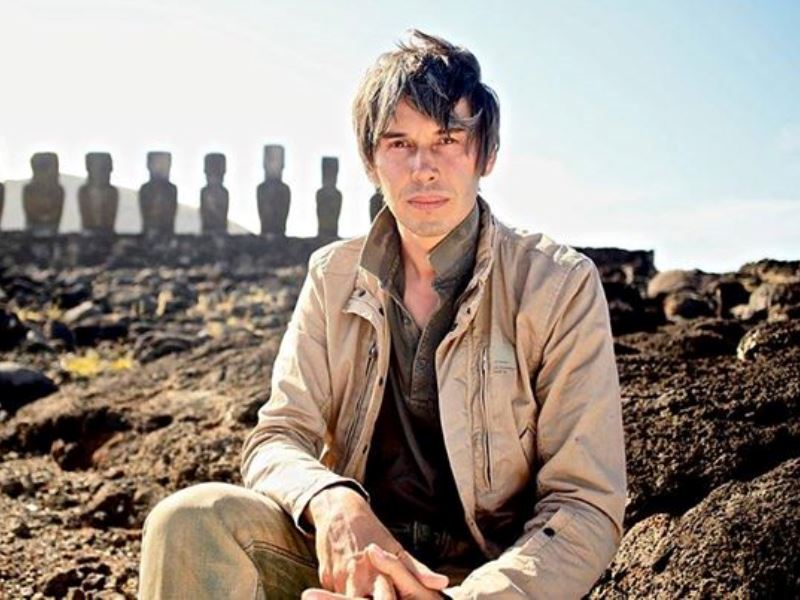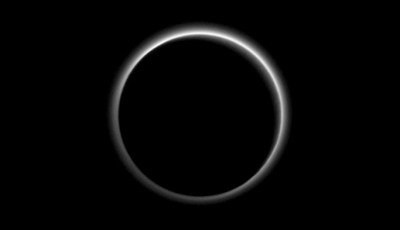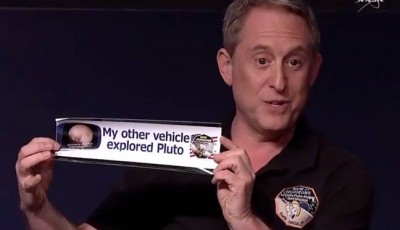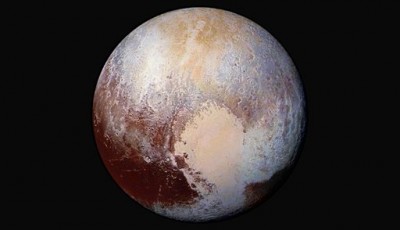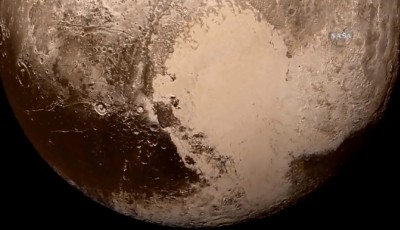Pluto’s crust might have aliens living under it, says Brian Cox
According to Brian Cox, a physicist from England, Pluto may be home to a subterranean ocean, which may be warm and adequate to harbor life forms. Although the presence of watery environments beneath Pluto was not proven yet, Cox believes that it’s certainly possible that life could exist, which could be likely to be simple life forms, such as single-celled organisms.
He pointed out that Pluto’s massive glaciers and icy mountains, which were first uncovered through the New Horizons’ historic flyby near the dwarf planet, provide hints at possible subterranean seas with water warm enough to allow organic chemistry to flourish.
“[This] means – if our understanding of life on Earth is even slightly correct – that you could have living things there”. Some detailed images were captured by the onboard cameras on New Horizons of Pluto and the moons that surround it, namely Styx, Nix, Charon, Hydra and Kerberos.
The principal investigator of the New Horizons mission, Alan Stern, said the bedrock that makes the ice-mountains must be made of H2O, or water ice. One scientists, however, believes that the answer lies underneath the frozen crust of the recently-surveyed dwarf planet Pluto. To do this, scientists are looking at similar planets that are much closer to the Earth. It has sent back some of those photos – showing the dwarf planet in more detail than ever before – but will continue to do so in the coming weeks.
“It’s [Pluto] not as accessible, unfortunately, as Europa or some of Saturn’s moons”.
Saturn’s moon Enceladus emits plumes of liquid, through which we can fly probes searching for organic material.
The New Horizons spacecraft completed a three billion mile journey across the Solar System and performed a flyby of Pluto in July.
Brian said that the most immediate hope for finding proof of life was to hunt for it on other planets nearer to earth. This could result in our detecting life on worlds in other solar systems before finding it elsewhere in our own.
Cox added that science is telling us now that “complex life is probably rare”. The Earth is definitely physically insignificant, and he suggests not to attach too much significance to the human race, given the size of the possibly infinite universe.
